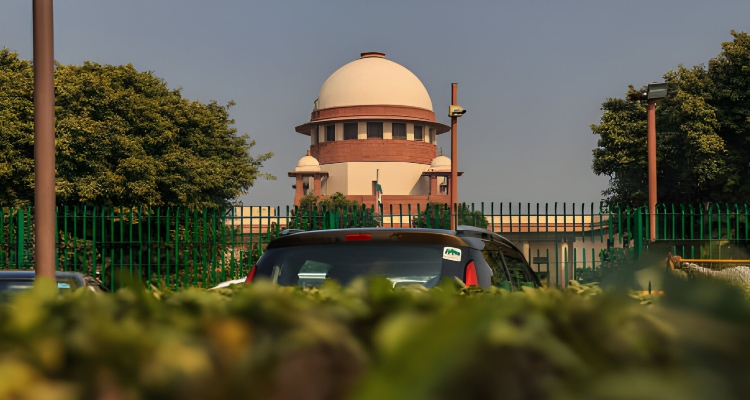
The Supreme Court has directed the Central government to draft and implement a scheme for providing cashless medical treatment to victims of motor accidents during the critical “golden hour.”
This period, defined as the first 60 minutes after a traumatic injury, is widely regarded by medical professionals as crucial for life-saving intervention. The Court emphasized that timely medical care during this window significantly reduces the likelihood of fatalities.
A Bench comprising Justices Abhay S. Oka and Augustine George Masih highlighted the legal obligation under Section 162 of the Motor Vehicles Act, which mandates the Central government to create a framework for cashless treatment during this critical period. “It is a statutory obligation of the Central Government to frame the scheme. More than reasonable time was available to the Central Government to frame the scheme under Sub-Section (2) of Section 162. Once the scheme is framed and its implementation starts, it will save the lives of several injured persons who succumb to injury simply because they do not receive requisite medical treatment during the golden hour,” the Court stated.
The Court set a firm deadline of March 14 for the notification of the scheme, cautioning that no further extensions would be allowed. The rationale behind this directive was elaborated further.
Bench noted that hospitals often delay treatment until police arrive or financial arrangements are secured, particularly when treatment costs are high. To address this issue, Section 162 stipulates that insurance companies operating in India must cover the medical expenses of accident victims during the golden hour as per the prescribed scheme.
The Centre presented a draft concept note proposing a cap of ₹1.5 lakh for treatment and a maximum coverage duration of 7 days. However, an applicant in the case argued that these provisions were insufficient to meet the needs of severely injured patients.
Concurring with this view, the Court remarked, “We find that these two concerns must be addressed while framing the scheme. The scheme must be such that it serves the object of saving lives by providing immediate medical treatment in the golden hour.”
Additionally, the Bench expressed concern over the delay in operationalizing Section 164-B of the Motor Vehicles Act, which mandates the creation of a motor vehicle accident fund. Despite being introduced in April 2022, the provision remains unimplemented. The Court stressed that without activating this fund, the golden hour scheme would be ineffective.
This directive underscores the Court’s focus on expediting policy measures to ensure timely medical assistance for accident victims, ultimately aiming to reduce preventable fatalities on the road.




